We explain what the Nobel Prize is and who was the man who founded it. In addition, the categories into which it is divided and its characteristics.
What is the Nobel Prize?
The Nobel Prize is called the highest international award in the world, which is recognized once a year to individuals whose contribution in various areas is significant. It constitutes a reference in the worldwide exaltation of transcendent values and commitment to humanity.
It is awarded to one or more individuals each year, according to various categories, by a set of institutions in Sweden and Norway, such as the Royal Swedish Academy of Sciences, the Karolinska Institute, the Swedish Academy, and the Norwegian Nobel Committee.
Despite its prestige, it has eventually been the subject of criticism and questioning. In fact, the 2018 edition of the award was awarded without the Literature mention, due to allegations of sexual harassment within the awarding institution. For this reason, a double prize in this category will be awarded in 2019.
Origin of the Nobel Prize
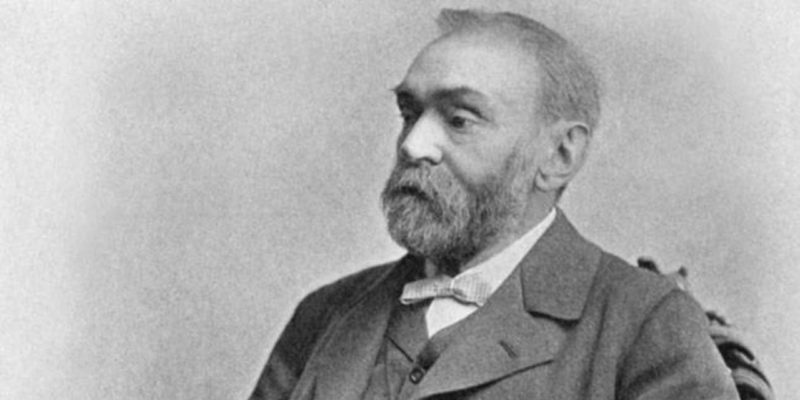
In 1895 the prize was established as the last wish of the Swedish industrialist Alfred Nobel. Nobel is also awarded the invention of dynamite.
Another of his achievements was the founding of the Bofors company, dedicated to the production of iron and steel, as well as cannons and other forms of weaponry.
In 1888 his brother Ludvig passed away. A French newspaper published a wrong obituary, thinking that Alfred was the one who had died. Said obituary baptized him as "The merchant of death.""
This impressed Nobel so much that he reportedly decided to invest his fortune in some more positive kind of legacy. For this reason, he immediately changed his will, allocating almost 94% of his immense fortune to the creation of the prizes that bear his name.
History of the Nobel Prize
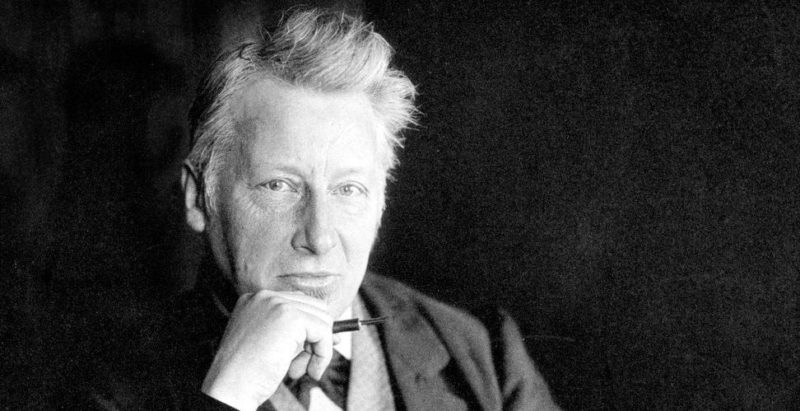
After the death of Alfred Nobel, the Nobel Foundation was created to administer the prizes, and the inaugural edition was delivered in 1901. The first honorees were:
- Physical. Willhelm Röntgen ( Germany )
- Chemistry. Jacobus Henricus van't Hoff (The Netherlands)
- Medicine. Emil Adolf von Behring (Germany)
- Literature. Sully Proudhomme ( France )
- Peace. the philanthropist Jean Henri Dunant (Switzerland) together with the politician and economist Frédéric Passy (France).
During the conflict, despite Sweden's neutrality, the Nobel Peace Prize was not awarded in 1939, and when Germany later invaded Norway, the awards stopped being awarded until 1942. The following year the award was resumed except for the prize for peace and literature.
The Prize for Economic Sciences was created in 1968, when the Swedish central bank donated a large sum of money to the Nobel Foundation, to create this mention, in celebration of the bank's third centenary. It was delivered for the first time to the Dutch Jan Tinbergen and the Norwegian Ragnar Frisch.
Nobel Prize categories
The Nobel includes six annual categories, for which a winner or several can be chosen, depending on the authorship of the contribution that is sought to be recognized. These categories are Literature, physics, medicine, chemistry, economics, and actions for peace.There are two parallel prizes to the Nobel, awarded by similar committees and that recognize the contribution in Mathematical Sciences (Abel Prize) and in Historical Sciences (Jaeger-LeCoultre Prize). However, these awards are much less well known than the Nobel.
Peace Prize
 This award is awarded annually to those who, in the judgment of the jury, "have worked more or better in favor of fraternity among nations, the abolition or reduction of existing armies, and the celebration and promotion of peace processes", as stated Read in Alfred Nobel's will.
This award is awarded annually to those who, in the judgment of the jury, "have worked more or better in favor of fraternity among nations, the abolition or reduction of existing armies, and the celebration and promotion of peace processes", as stated Read in Alfred Nobel's will.This award is awarded in Oslo, Norway, by the Norwegian Nobel Committee. It has been delivered in history to 98 people and 20 organizations. In some cases, these decisions have turned out to be somewhat contentious.
Literature Award
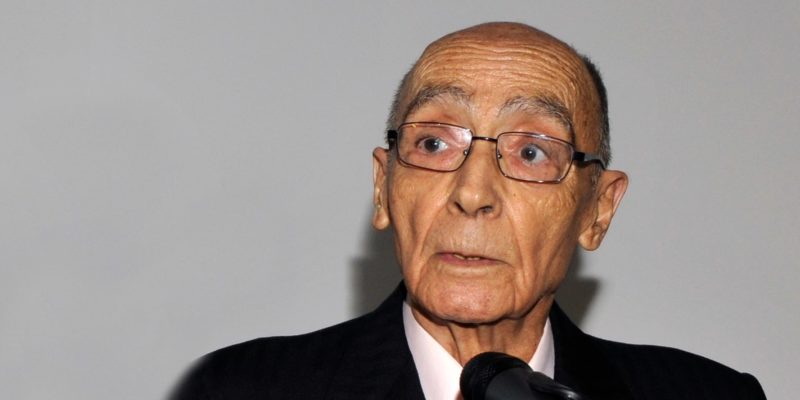 This award recognizes the work and work of "who would have produced the most outstanding work in the field of literature, in the ideal direction ", according to the testament of Alfred Nobel. This selection falls to the Swedish Academy and is announced on the first Thursday in October of each year.
This award recognizes the work and work of "who would have produced the most outstanding work in the field of literature, in the ideal direction ", according to the testament of Alfred Nobel. This selection falls to the Swedish Academy and is announced on the first Thursday in October of each year.This award has been awarded to 114 international writers of different nationalities. Certain authors whose fundamental work merited it have been ignored, such as the Argentine Jorge Luis Borges. Two authors declined it at the time: the Soviet Boris Pasternak and the French Jean-Paul Sartre.
Physics Award
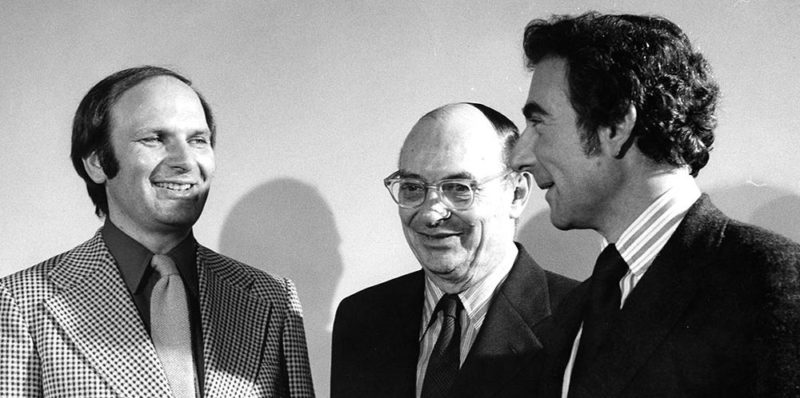 According to the founding instructions, this award should be given to " scientists who excel in their contributions in the field of physics ."
According to the founding instructions, this award should be given to " scientists who excel in their contributions in the field of physics ."It is administered by the Nobel Foundation and awarded by the Royal Swedish Academy of Sciences, in Stockholm, Sweden, every December 10. It has been delivered 111 times, the only winner being the American John Bardeen twice.
Medicine Award
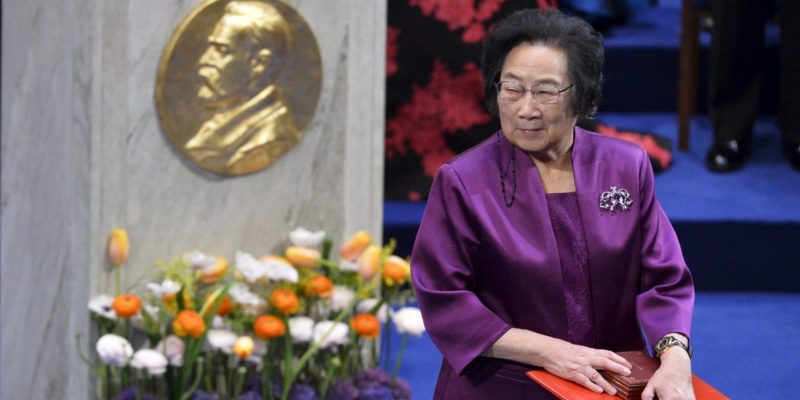 The Nobel Prize in Physiology or Medicine is awarded annually by the Karolinska Institute in Stockholm, Sweden, to "scientists and physicians who stand out for their contributions to the field of physiology or medicine" according to Alfred Nobel's will.
The Nobel Prize in Physiology or Medicine is awarded annually by the Karolinska Institute in Stockholm, Sweden, to "scientists and physicians who stand out for their contributions to the field of physiology or medicine" according to Alfred Nobel's will.It is awarded every December 10, Nobel's death anniversary. It has been delivered 109 times, having been declared void in several of its editions.
Chemistry Award
The last of the original awards are intended, as the name suggests, to scientists who excel in the field of chemistry. It has been received by 160 scientists, including the British biochemist Frederick Sanger, who received it twice. The selection is made by the Royal Swedish Academy of Sciences.
Economics Award
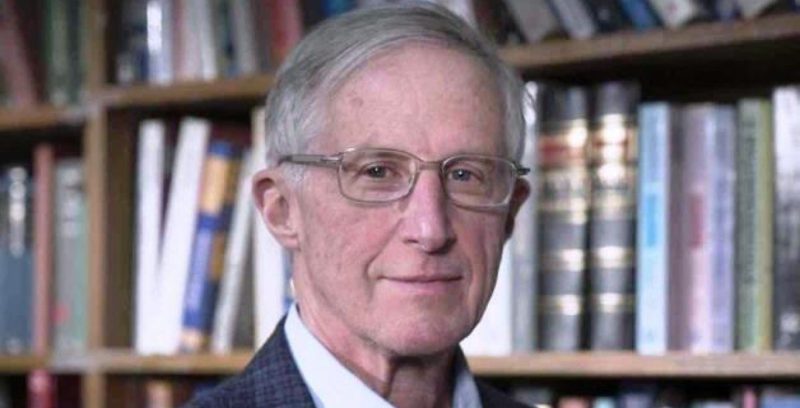 The so-called “Nobel Prize in Economics” was actually founded as the Alfred Nobel Memorial Prize in Economics. It was added in 1968 to recognize the work of those who contribute significantly to the field of economic knowledge.
The so-called “Nobel Prize in Economics” was actually founded as the Alfred Nobel Memorial Prize in Economics. It was added in 1968 to recognize the work of those who contribute significantly to the field of economic knowledge.It has been delivered since 1969 to 70 economists. Although it is associated with the rest of the awards and is rewarded with the same amount of money and a similar medal, it is actually an award from the Swedish banks managed by the Royal Swedish Academy of Sciences.
It has been a controversial award, since it was not among those initially planned by Nobel, and reviewing the profile of its laureates, favoritism for certain orthodox economic theories and practices is evident, to the detriment of other possible ones. In other areas, the true scientific value of the award is even discussed.
What is the Nobel Prize?
Nobel Prize winners are presented with a medal struck by the Norwegian Mint and the Swedish company Mynverket. He has Alfred Nobel's profile engraved along with his birth and death details. On the other side, the Latin inscription Inventas Vitam juvat excoluisse per artes (“Discovered to help improve knowledge”) and a variable symbol according to the category of the award.The Nobel Peace Prize is the exception: it has a similar design with Nobel's profile on one side but on the other the inscription Pro Rhythm et fraternities Gentium (“For rhythm and the brotherhood of nations”). The medal for the Economics Prize does not have an inscription.
Finally, the winners receive an official diploma and a variable economic incentive, according to the income of the Nobel Foundation that year. In 2013 this amount amounted to 10 million Swedish crowns, equivalent to approximately one million Euros. The sum is divided into equal amounts in those cases where there is more than one winner.
The above content published at Collaborative Research Group is for informational and educational purposes only and has been developed by referring to reliable sources and recommendations from technology experts. We do not have any contact with official entities nor do we intend to replace the information that they emit.
Luke is passionate about fostering student involvement and connection. He studied psychology for his major and likes learning about the past. Luke aims to specialize in artificial intelligence and cybersecurity. .
Leave a reply
Your email address will not be published. Required fields are marked *Recent post

Sport: What Is It, Types, Risks, Features, Characteristics and Examples

Dogs: Emergence, Features, Characteristics, Feeding and Breeds

Story: Definition, Elements, Structure, Features and Characteristics

